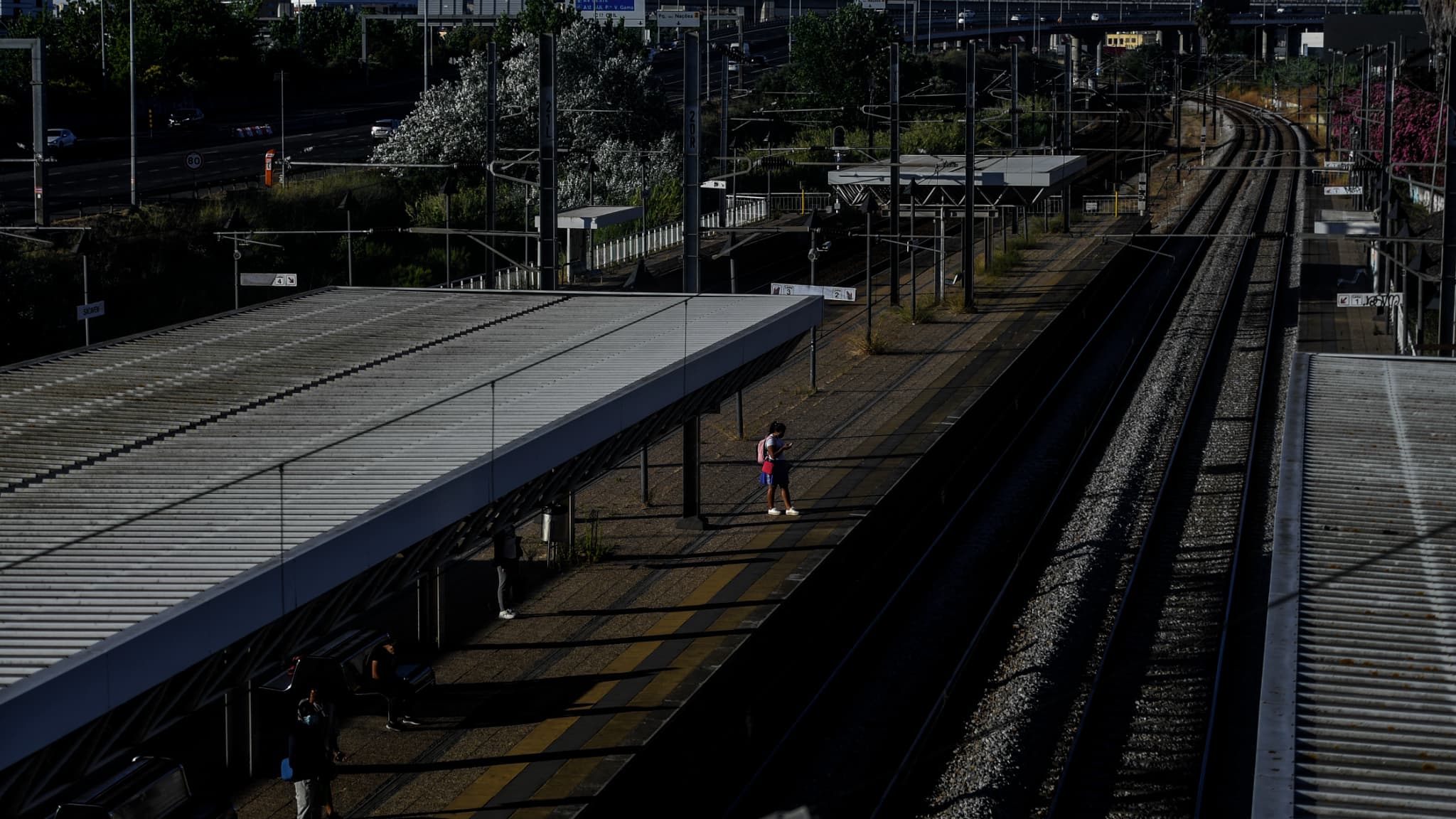
Portuguese railway unions demand a bonus to compensate for the loss of purchasing power linked to inflation.
Hundreds of trains have been canceled since Friday in Portugal due to the railway workers’ strike that continued into Monday 26 December to demand a purchasing power bonus to counter higher prices.
The minimum service is one in four trains
On Monday, 278 of the 427 trains scheduled until 10 am (local time) were cancelled, according to a report by Portuguese Railways (CP). However, the minimum service, equivalent to 25% of scheduled trains, has made it possible to limit the impact of this traffic.
On Monday, railway workers celebrated the second day of their strike at the call of unions representing CP employees of the Director General of Railway and Road Networks (IP).
Since the first day of the strike Friday, this strike has already removed more than 1,100 trains, according to CP. In a press release, the railway company warned that this movement of railway workers will have an impact on railway traffic in “the days preceding and following the strike periods,” as well as on the first of next January.
Inflation bonus under negotiation
“We are aware that it is impossible to compensate for the loss of purchasing power,” but “we are asking for a bonus that can help us adapt” to the rise in prices this year, explained to public television RTB Antonio Pereira, president of the Independent Railway Workers’ Union (SINFB), one of the unions. The eight that called for this mobilization.
According to the unionist, who does not rule out new movements next year, the percentage of strikers rose to “nearly 80%” on Monday.
In addition to railway workers, other sectors are also calling for higher wages. Employees of call or distribution and trade centers also noted strike days during the Christmas weekend.
Socialist Prime Minister Antonio Costa admitted Sunday night in his televised Christmas message that “inflation has reached levels not seen in three decades.” He pledged to do everything he could to continue to support families and the economy.






